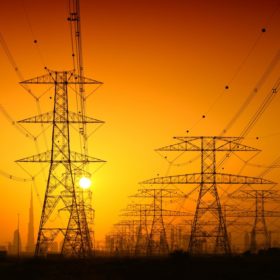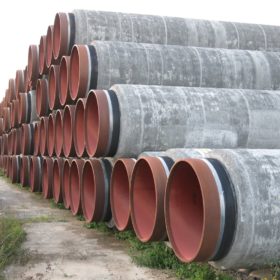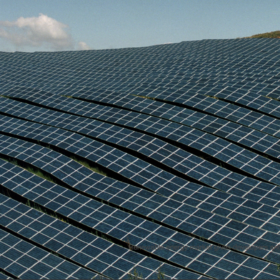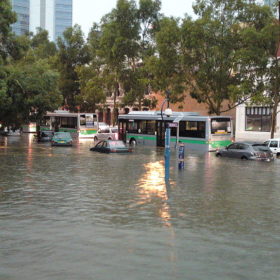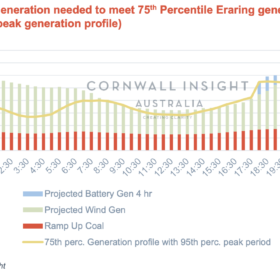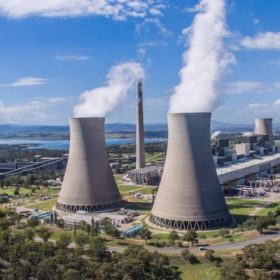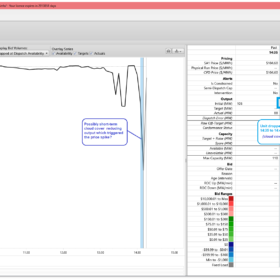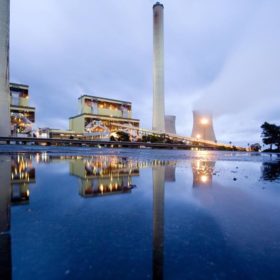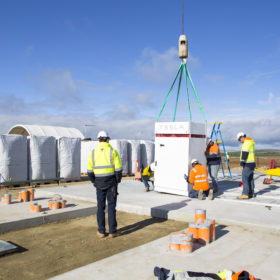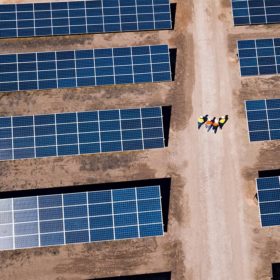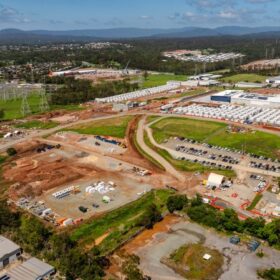Rise of the Machines – the increasing role of auto-bidding and self-forecasting in the modern-day NEM
The National Electricity Market has always been a place of big data and high levels of automation, and the recent developments in the trading space are the next stage of that maturing.
Could Russia’s actions in Ukraine accelerate renewables investment?
Given the goings-on in the world this last quarter, Mike Jefferies, Investment Manager at Octopus Investments Australia, takes a look at the current macroeconomic environment, how this is tied to energy markets, the impacts Russia’s invasion of Ukraine has had on that energy market, what this could mean for Australia and how renewables could help address these issues.
Solving the EPC equation for utility-scale solar developments
We are living through uncertain times. Despite the urgency of the energy transition and the substantial and growing opportunities for new utility-scale (and larger) renewables developments, risks arise for owners, developers, lenders, investors and contractors.
New IPCC report shows Australia is at real risk from climate change, with impacts worsening and wide-ranging adaptation needed
Climatic trends, extreme conditions and sea level rise are already hitting many of Australia’s ecosystems, industries and cities hard. As climate change intensifies, we are now seeing cascading and compounding impacts and risks, including where extreme events coincide. These are placing even greater pressure on our ability to respond.
“I’m an All-Pro [coal plant]… You’ll never be more than a replacement player!”
The potential early retirement of Eraring has been the talk of the market the past week. Many of our customers have been asking what the impacts of the retirement might be on the acceleration or development of new renewable capacity in NSW and potential storage projects. In this Chart of the week, we look at the effect of the lost generation from Eraring and how that capacity might be filled.
Why the Australian government should welcome Mike Cannon-Brookes’ plan to takeover AGL
Prime Minister Scott Morrison has flatly opposed the bid led by tech billionaire Mike Cannon-Brookes to buy Australia’s biggest energy company AGL and spend $20 billion switching it to renewables. This includes closing its coal power stations by 2030.
Price spike in SA – (perhaps) because of sudden drop in output at Bungala Solar Farm?
Today in South Australia, the market appears to have received a reminder that National Electricity Market Dispatch Engine (NEMDE) is technology agnostic, and that all types of technologies can experience their own challenges leading to price volatility.
The battle for AGL heralds a new dawn for Australian electricity
Two events in the past week mark a watershed for Australia’s electricity industry.
Seasonal frequency in the NEM: is VRE continuing to drive it?
On 16 March 2021, the Australian Energy Market Commission (AEMC) published a draft determination rule which confirms the mandatory primary frequency response (PFR) arrangements to remain unchanged beyond the sunset date of 4 June 2023 established in March 2020. The primary frequency control band implemented under mandatory PFR is 49.985Hz -50.015Hz.
What does the future hold for wind and solar in the NEM – seen via GenInsights21?
Global-Roam and Greenview Strategic Consulting collaborated together recently to publish the Generator Insights 2021 report, taking a deep dive into historical generation performance across the national electricity market and considering what this means for the future. In this article, Marcelle Gannon shares some highlights around the increasing penetration of large-scale wind and solar generation, including historical changes in time-of-day earning patterns, the increasing importance of forecasting of renewable output, and some longer-term challenges.
